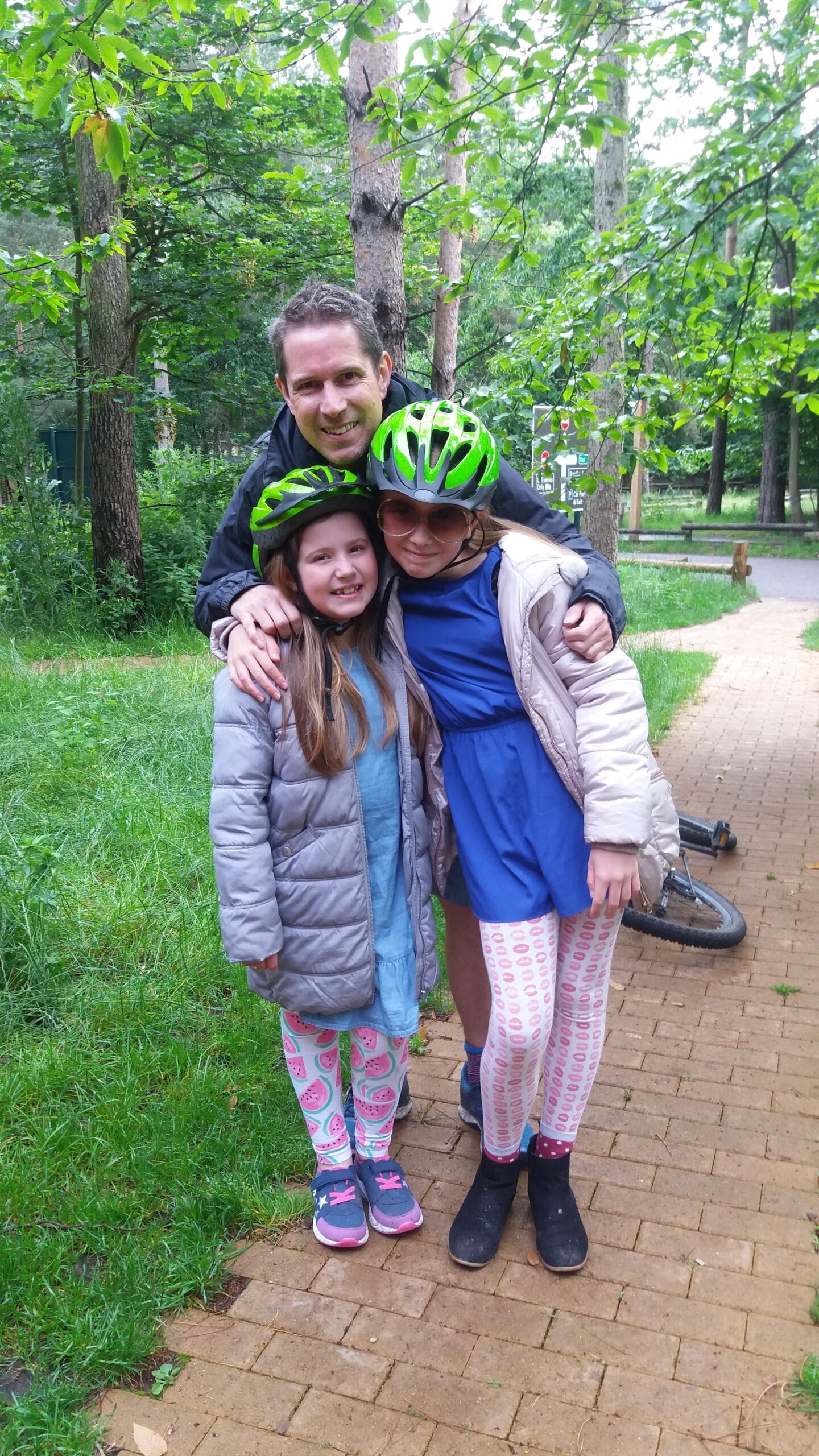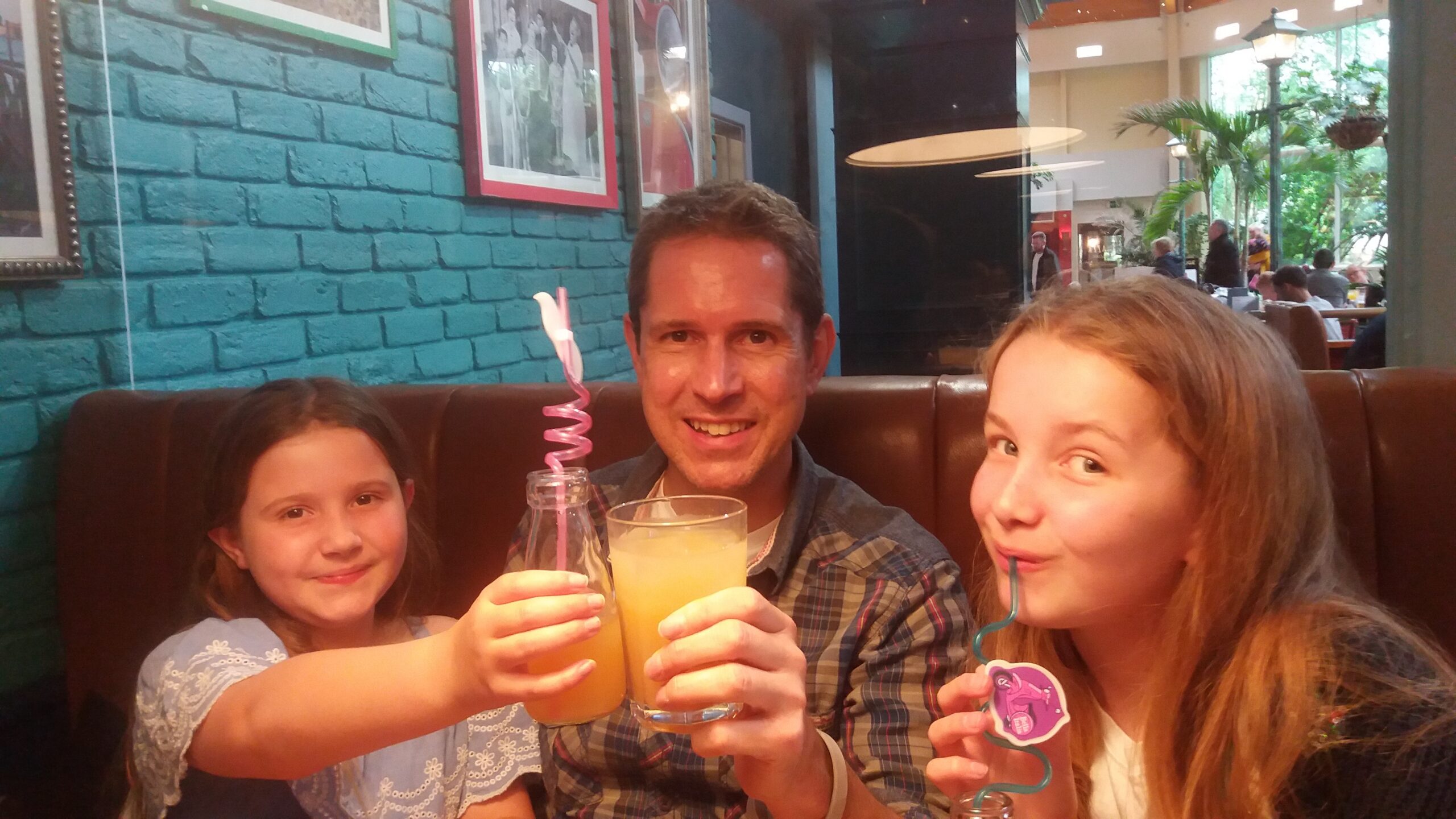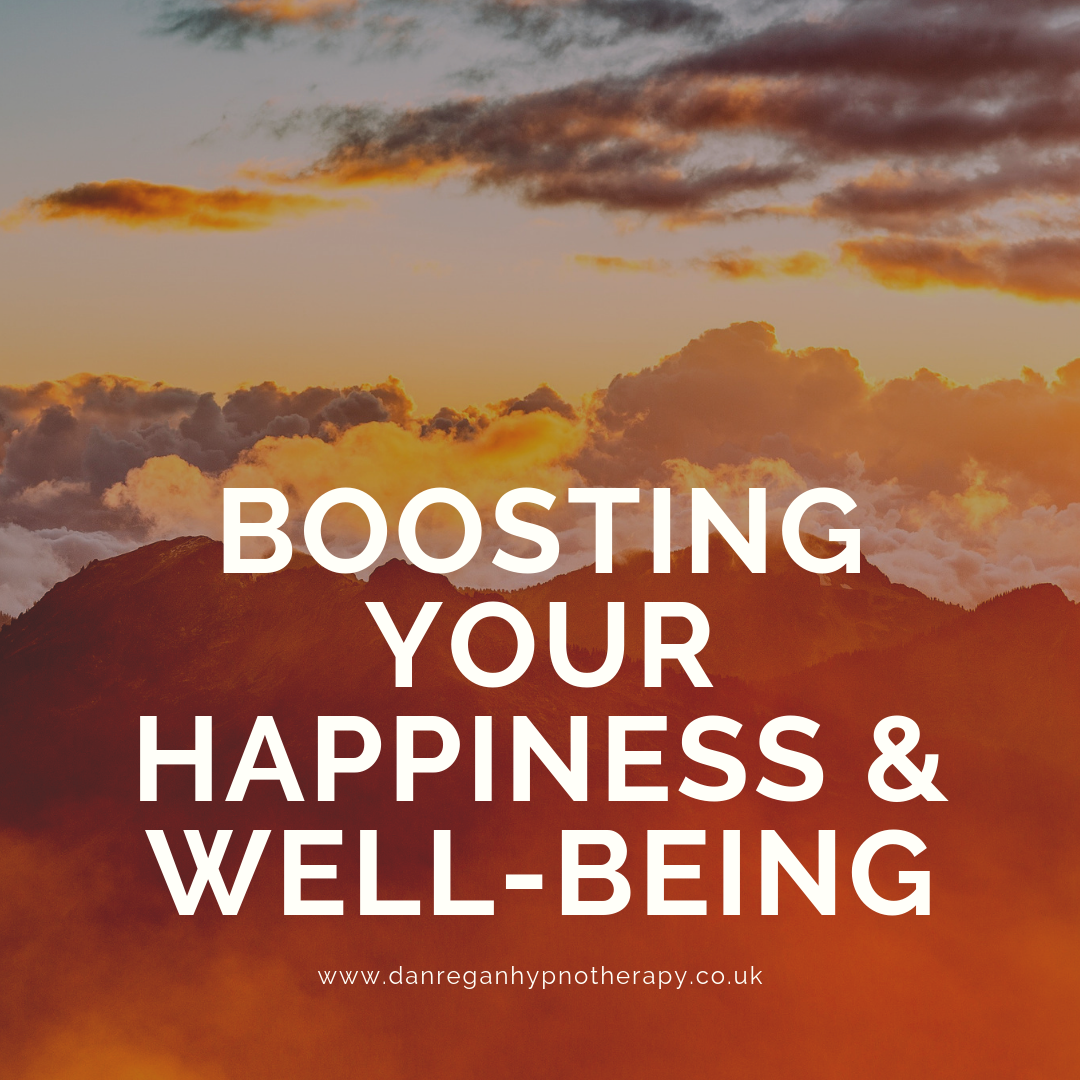Required
Boosting Your Happiness and Well-Being
Boosting Your Happiness and Well-Being – Hypnotherapy in Ely & Newmarket
Could you benefit from boosting your levels of happiness and well-being in some area of your life right now? I think we can all take deliberate steps to both increase and maintain the kinds of happiness, well-being and mental health that we want.
Recently I’ve been working my way through a really good online course from Yale University which is all about the Science of Well-Being. One thing that comes through pretty clearly is that a lot of our thoughts and expectations about what will make us happy are well wide of the mark.
Another thing that comes through from the research is that increasing your happiness and well-being takes daily, intentional effort over a long period of time. This is something I often cover with my clients. Waiting for change to happen, hoping for the best or waiting until you feel like it, are usually not great strategies if you want to make positive changes in your life.
I’ll cover a bit more about well-being and happiness a bit further down this article.
Speaking of well-being and happiness, it’s all been a bit quiet on my website and social media while I took a few days away with the family to enjoy a holiday. It may have rained the whole time (and I really do mean the WHOLE time!) but we had lots of fun cycling, running and exploring the forest (I don’t think I’ve ever cycled so much in my life…or been so saddle sore!!):
And before anyone points it out, I know it isn’t raining in that photo but trust me when I say it had been raining and was soon raining again; we just got lucky for the photo!! We also had a chance to celebrate my birthday:
Certainly spending time with these two (along with exercising) is how I boost my own happiness and well-being. We had a lot of fun out on the bikes, feeding squirrels and deer and just generally larking about.
I’ve written before about the research showing how to use nature to reduce your stress and boost your mental health and certainly I find it to be true for me (you can read that article here if you haven’t seen it yet: Using Nature To Reduce Stress and Boost Mental Health)
Well-Being and Happiness
So with my personal well-being and happiness boosted from my holiday, I’ve been back in the office and back to studying the science of well-being course. The course confirms many things I already knew to be true about how to increase your levels of happiness including, as mentioned above, that it requires action and persistence rather than passively just hoping for something to happen (incidentally the course is available on the Coursera website if you want to study it yourself).
There are many things that we think will make us happy that, once we do have them, actually don’t. Many people think that having more and more money is important and will make them happier, yet the research demonstrates that for most of us income doesn’t have much impact on happiness. Once we have enough to meet our needs, like food, shelter and warmth and so on, our levels of happiness don’t go up that much if you have additional money. I’ve heard many stories about lottery winners who ultimately end up miserable, and perhaps even broke (some of whom would say it was the worst thing that ever happened to them).
Yet you often hear people saying “if only I had that car/house/job/body/partner/copy of Dan’s awesome hypnosis audios (maybe!!), I would be happy.” Yet in most cases, after a brief ‘honeymoon’ period, chances are you will end up either at the same level of happiness as before or even worse off. Research shows that ‘stuff’ doesn’t make us happier and that being materialistic and striving to get more things may well make you unhappy.
In his book, ‘A Guide To The Good Life’, Irvine writes about the phenomenon of hedonistic adaptation. That is, as humans we tend to be pretty insatiable and always want more and more so we work hard to get it and then soon lose interest in that thing and want something else we perceive to be better or more in some way. We put effort into chasing the latest gadget, the next step on the career ladder or a new partner. After that initial buzz of achieving our goal, we find ourselves dissatisfied, taking those things for granted and start dreaming of the next new thing.
As Irvine writes, “As a result of the adaptation process, people find themselves on a satisfaction treadmill. They are unhappy when they detect an unfulfilled desire within them. They work hard to fulfil this desire, in the belief that on fulfilling it, they will gain satisfaction. The problem, though, is that once they fulfil a desire for something, they adapt to its presence in their life and as a result stop desiring it – or at any rate, don’t find it as desirable as they once did. They end up just as dissatisfied as they were before fulfilling the desire.”
How do we forestall this process so that we can be happier? Irvine says that we need to take steps to stop ourselves from taking for granted things we have, having worked so hard to get them. I’ve written about one way to achieve this in my article about how thinking the worst could actually make you happier and help reduce anxiety and stress (have a read here: Could thinking the worst make you happier (and reduce anxiety and stress)?). Rather than feeling dissatisfied and chasing the next thing and the next thing, we want to learn how to value the people and things that we have right now.
Increasing Well-Being And Happiness
As well as taking time to consider what our life would be like without those things we currently have, such as our family and friends, our job, the roof over our heads and so forth, there are other ways that can help you to boost your levels of well-being and happiness.
I’ve written before about gratitude and how it can help with anxiety and depression, as well as strengthening your self-esteem (have a read of these two articles: The Impact of Gratitude on Anxiety, Depression, Self-Esteem and Well-being and Gratitude and Well-Being: How To Improve Your Well-Being and Self-Esteem).
Research shows that people who deliberately notice and appreciate positive aspects in their life and their world tend to be happier, more optimistic, have positive self-esteem and are more positive. They also experience less depression and anxiety symptoms. In fact, gratitude can be considered to offer some protection against depression and anxiety because you are able to encourage yourself and be compassionate and reassuring towards yourself when things go wrong in life and when faced with challenges. Noticing and appreciating things in your life leads to more happiness and an improved sense of well-being.
I’ve written about research backed ways to benefit from gratitude in those articles I’ve mentioned yet you can simply take a few minutes each night to write down and focus upon 3-5 things for which you are truly grateful. Over time it becomes a simple habit with the potential for very beneficial results in how you feel.
Linked to the practice of gratitude is something called ‘savouring’. This involves stepping outside of an experience as it is occurring to review and appreciate it. It can help you to stay in the moment so that you appreciate the positive experience even more positively and allows you to be grateful and enjoy the moment even as it is happening. As you pay attention to time when you experience something positive, notice yourself feeling good and take a moment to think about those positive emotions and what it is that is making you feel good in the present moment. You can then also take some time later on to reflect upon that good experience and to appreciate it even further.
There are always ways to increase our happiness and well-being yet they all take intentional effort and persistence to reap their full rewards in terms of your mental health and well-being. The key is often just to make sure we are focussing on what does make us happier rather than what we (often incorrectly) think will make us happier. So by consistently practicing savouring moments and daily gratitude, as well as appreciating the people and things that you have in your life right now, you can develop the habit of happiness that will continue to bring you increased well-being well into the future.
To your happiness,
Dan Regan
Hypnotherapy in Ely & Newmarket
Seeking help to increase your happiness and sense of well-being? You can book your Complimentary Hypnotherapy Strategy Session with Dan right now on this page: Appointments
Find out what dozens of other people have said after their hypnotherapy sessions with Dan: What People Say
And there are many powerful hypnosis downloads that can start helping you right away over on these pages: Hypnosis Downloads
Get Your Copy Right Now…
Subscribe to Dan’s Digest filled with tips, strategies and techniques and get instant access to your free rapid relaxation hypnosis audio track.
Enjoy feeling and being more mentally calm and physically relaxed right now:







0 Comments